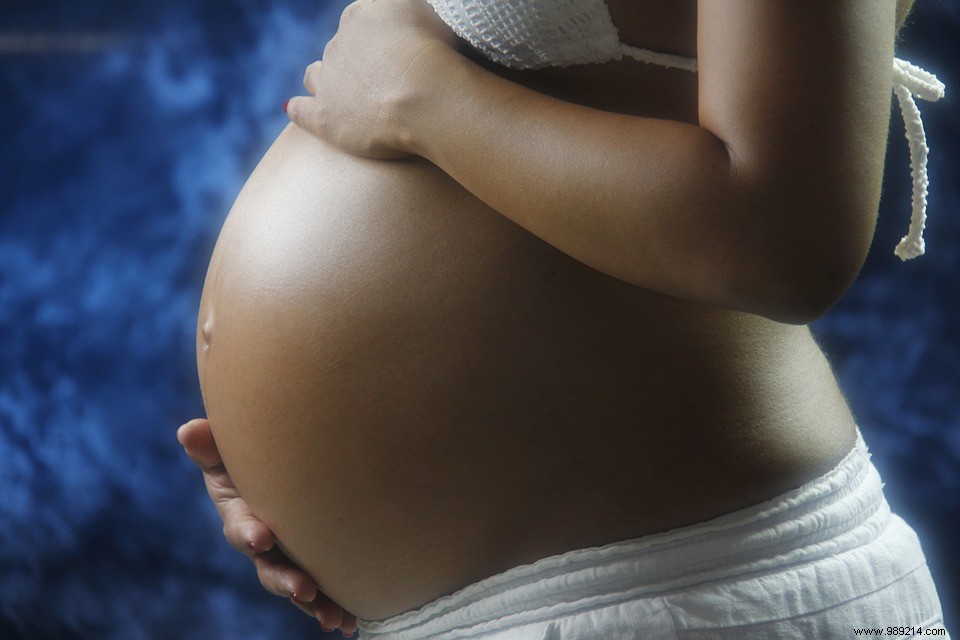According to a recent meta-study, global warming could affect pregnancies. Researchers are concerned about future major heat waves, which are becoming more frequent around the world.
In general, global warming threatens humanity. Nevertheless, the increase in temperature could make pregnant women more vulnerable. According to a meta-study published in the BMJ Journal on November 4, 2020, the episodes of high heat may be associated with an increased risk of premature birth or miscarriage. This would be even more serious on the side of low- and middle-income countries. For now, the risk is low everywhere, but researchers are worried about future heat waves.
The authors of the publication reviewed approximately 70 studies carried out in approximately 24 countries. These are mostly found in North America, Europe and Oceania. The goal? Examine how heat impacts pregnancy. The authors of the study considered the number of premature births, stillbirths as well as children with low birth weight.
“Pregnant women deserve a place alongside groups generally considered to be at high risk for heat-related conditions,” can we read in the study.

According to the results, the risk of giving birth prematurely (or that of miscarriage) increases by 5% per degree additional temperature. In the event of a strong heat wave settling over time, this same rate increases to 16%! It should be remembered that currently, the global average rate of premature births is around 10%. Thus, the impact of extreme heat is relatively small compared to all the other factors that can influence the outcome of a pregnancy.
Among the 70 studies, data from only 18 of them identify a link between low birth weight and high heat. Forty others, however, associate these episodes of heat with a risk of early birth. Other studies, for example, point to increased vulnerability in low- and middle-income countries . Women in these countries are more exposed to high temperatures during the nine months of pregnancy. Some research also estimates that only the last weeks of pregnancy are dangerous in rich countries.
These works provide interesting new data but are nonetheless limited by sometimes conflicting results . According to the researchers, other studies should be carried out in order to obtain more details.